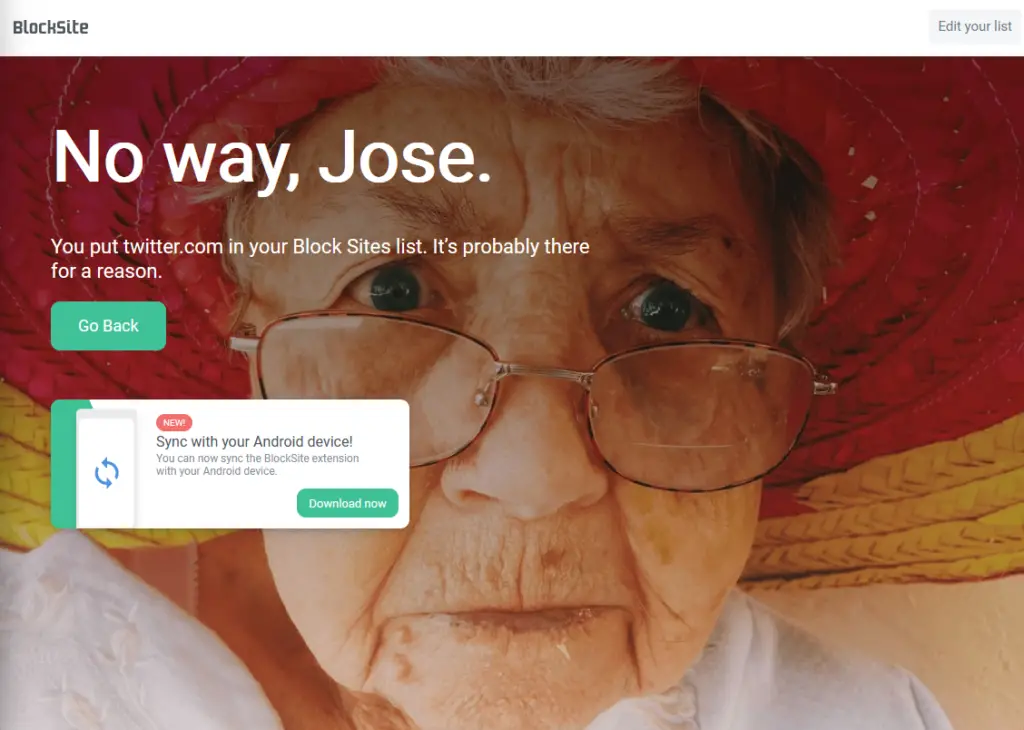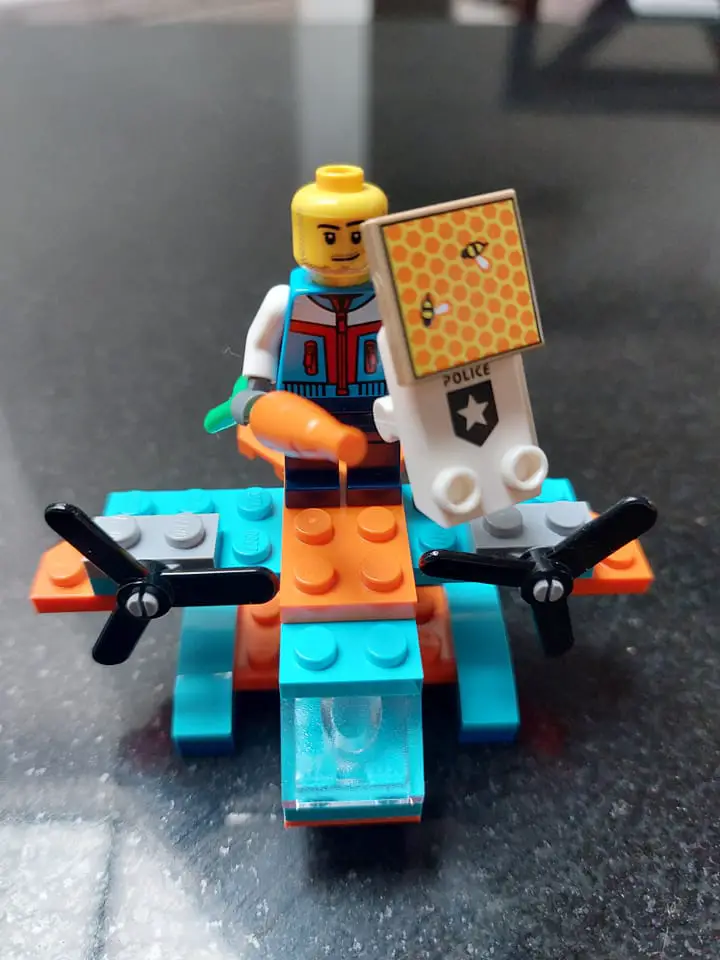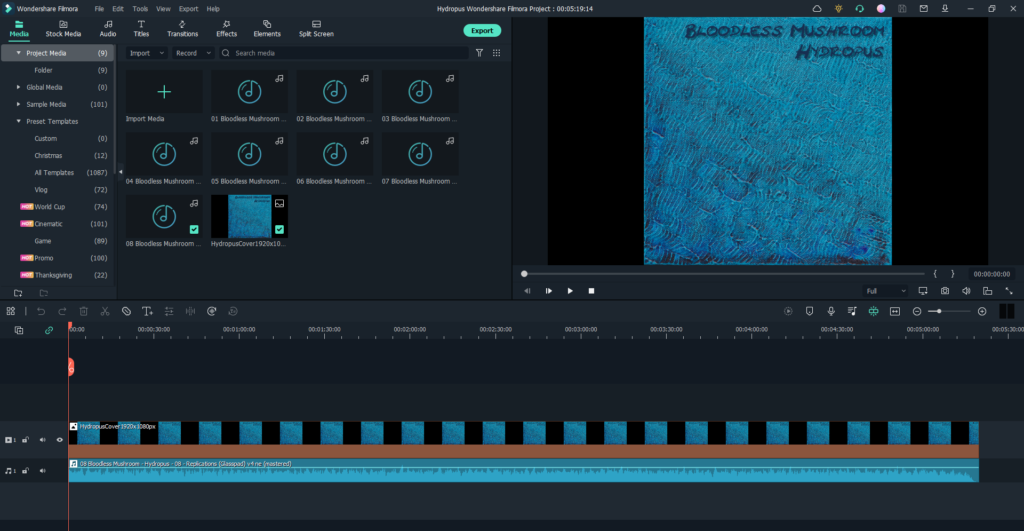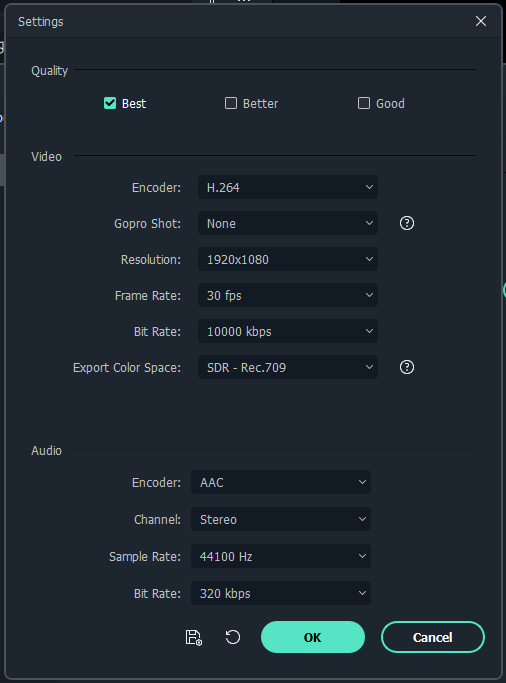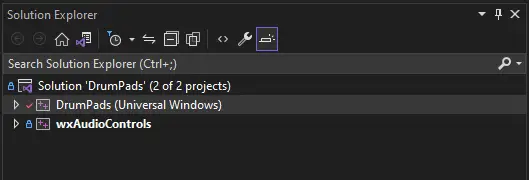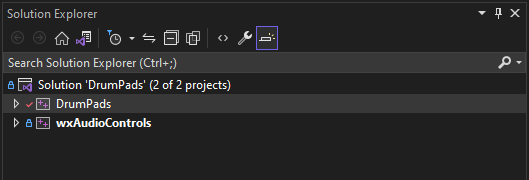The very first programming I ever did was game programming.
It started with my Commodore VIC-20 in 1984. The computer’s manual had some BASIC programs you could type in and run. One was a Space-Invaders-type game.
Well, naturally, after typing in this game and playing it for a bit, I wanted to start making changes to enemy colors, speed, and score values. This was how I started programming.
It continued when I got a Tandy 1000 EX that ran MS-DOS and started writing games in GW-BASIC. By now I was coding much more detailed and complex programs. They were still text-only (ASCII), but I was creating them from scratch, and they had much more detailed mechanics.
I remember well a text-based gladiator combat tournament game that I spent the better part of a year working on, at about age 10, in addition to a few text-based adventure games.
Later, as the Internet started to grow, I became interested in multi-user dungeons. There were various codebases — Diku, Merc, Envy, Circle, and others. Not only did I work on some existing games, I also created my own, starting with Illustrium Arcana, and later with the Basternae rewrite, Basternae 3: Phoenix Rising. If you look at the “Basternae and ModernMUD” topic on this blog, you’ll see that I was working on them well into 2013.
When I was finishing my college degree in 2004, I took some classes for credit at The Game Institute and got a job with a company working on simulators for the US Army (among other government contracts). It was basically a video game company, but replace “fun” with “realism”. I didn’t really work on any graphics code, and ended up specializing in audio and network communications. This was the first and last job I had in video games.
My strong knowledge of audio programming and networking protocols took me on to develop parts of the Authentic8 SILO browser, work on a home automation system, and build the various audio applications I released as Zeta Centauri.
Now I’m returning to my roots and learning Unity. It’s incredibly intuitive, and the programming is easy and natural thanks to the many years I spent writing C# code.
I’ve started with the “Complete C# Unity Game Developer 2D” course available through Udemy. I’m about 50% of the way through, and the deep, thorough coverage coupled with real hands-on coding projects has been great for the learning process. I’m definitely going to take more of the Gamedev.tv courses because they really know how to teach.
